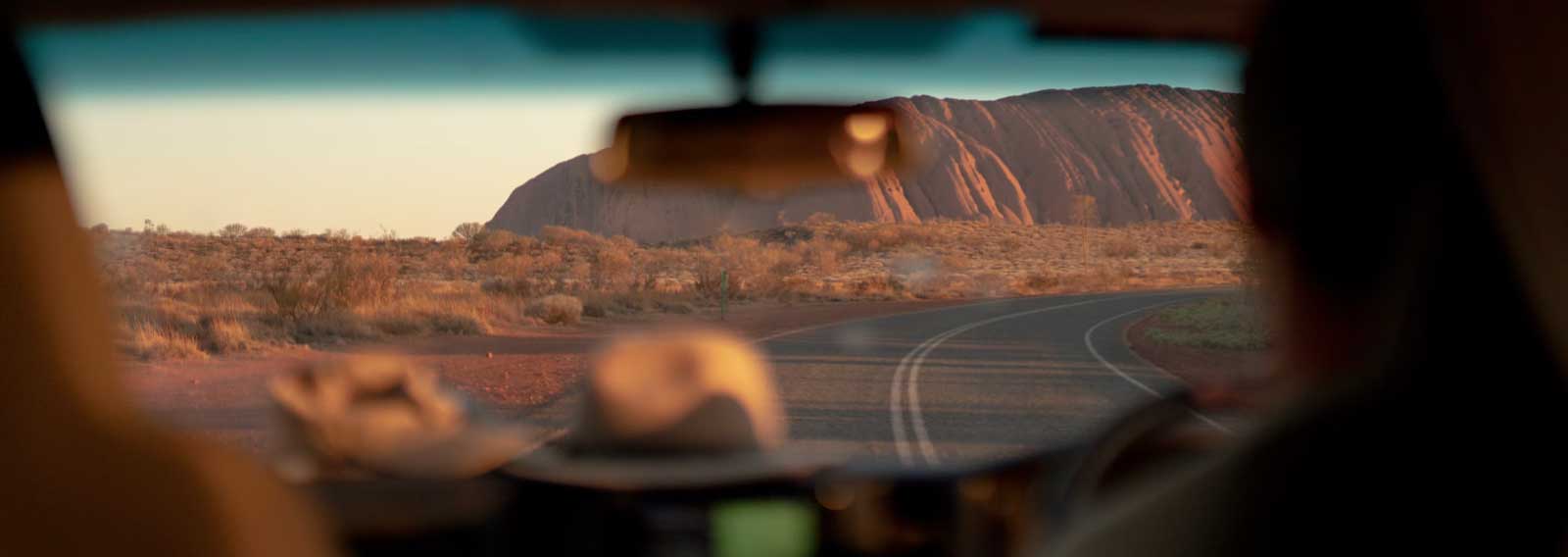The result of ‘The Voice’ referendum is most pleasing. Prime Minister Anthony Albanese asked Australians to sign a blank cheque and got a big fat zero in return.[1]
Australians were asked by their government last Saturday to institutionalise inequality by constitutionally enshrining separateness. There is no doubt, however, that the Prime Minister will try to achieve the same result by non-constitutional means. States are likely to set up Voice-like constructs.
In addition, the federal Labor government led by Anthony Albanese has its own federal Indigenous laws that it wants to pass regardless of ‘The Voice’. These Indigenous cultural laws essentially create an apartheid state with ‘rent’ paid to the Indigenous land owners, ostensibly.
Politicians who engineer these divisive laws are leading us down that dark corridor on the basis of race – thus prolonging the sorry history of racial difference. We can only guess the level of hatred and division would the so-called ‘Voice to Parliament’ generate, if passed.
It is not guaranteed that an institution like the Voice would make a measurable difference for Indigenous Australians. Would it curb the riots and crime spree in Alice Springs? Reduce addictions? Eliminate child abuse? Decrease alcohol dependency? Would it increase the lifespan of Indigenous Australians? Better health outcomes?
The answer is an emphatic no! On the contrary, the prevalence of passive welfare dependence in the Indigenous communities is directly correlated to the scourge of drugs, pornography, child abuse, and the effects of ‘humbugging’.
However, government programs to help welfare recipients tend to exacerbate these problems. By handing out welfare checks impersonally to all who potentially qualify, without addressing the underlying behavioural problems, the government in essence ‘rewards’ dysfunctional behaviour that affects not only the recipient but their community at large.
Be that as it may, the undeniable truth is that one of the great virtues of the Australian Constitution is its equal treatment of all its citizens. Far from being “racist”, our fundamental law is colour-blind, and it treats everyone equally, no matter when they or their ancestors arrived here.
Indeed, it is entirely inappropriate to use the Australian Constitution to promote one group over the rest of the population. At a philosophical level, the proposal of a “Voice” based on racial qualification is profoundly discriminatory, divisive and inequitable. It would inevitably create permanent race-based qualifications that would turn Australia into a constitutionally endorsed two-tier society.
In this sense, it is important to consider that idea of equality before the law in western democracies is traditionally derived from the Christian view of the equality of all humans in the sight of God. This sentiment is what directly motivated the American Founders to famously declare the following:
We hold these truths to be self-evident, that all men are created equal, that they are endowed by their Creator with certain unalienable Rights, that among these are Life, Liberty and the pursuit of Happiness.
The statement of equality expressed in these opening remarks of the American Declaration of Independence refers to the axiom that we are all members of the same human race because we are all created in the image of God. This view of the inherent dignity of every human being is an inheritance which is carved into the very foundations of Western constitutionalism.
Of course, the Australian Constitution was inspired by the American Constitution. The Australian Constitution is therefore based on the same Christian understanding of human equality.
Hence, when speaking at the Australasian constitutional convention, Patrick Glynn of South Australia contended that it was to the nation’s credit that it had the stamp of Christianity ‘fixed upon the front of our institutions.’[2] Indeed, the Commonwealth of Australia was initially understood ‘to be the work of human hands and the invisible hand of God’.[3]
The preamble, that part in the Constitution which lays out the hopes and aspiration of all the parties involved, communicates that the Australian people, ‘humbly relying on the blessing of Almighty God, … agreed to unite in one indissoluble Federal Commonwealth’. Constitutional law professor Helen Irving comments that, in that time, this acknowledgement of the sovereignty of God received the strongest popular support of any part of the Australian Constitution.[4]
Ultimately, enshrining ‘The Voice’ in the Constitution would undermine the egalitarian nature of our fundamental law. This would inevitably lead us down that dark corridor on the basis of race – thus prolonging the sorry history of racial difference.[5]
Perhaps this was precisely the ultimate goal: to further divide us into lines of culture, origin and ethnicity so as to facilitate the attainment of more power and control by the ruling classes.
Indeed, some people might have a vested interest in fomenting a socially divisive agenda that further undermines political equality and turns fellow Australians against each other. This basically amounts to a revisitation of the old “divide and conquer” strategy so successfully applied by the ancient Romans.
To conclude, the ruling classes needed ‘The Voice’ to further divide our people into racial lines and then parasitically dissect Australia from within. But the ‘The Voice’ has been silenced. The sovereign people of Australia have manifested their voice!
[1] Ollie Gillman, ‘Australia has had its Brexit moment’, Daily Mail Australia, 16 October 2023, at https://www.dailymail.co.uk/news/article-12618175/No-vote-Voice-Australia-not-racist-Anthony-Albanese.html
[2] 5 Official Record of the Debates of the Australasian Federal Convention 1733 (1898) (proceedings of March 2, 1898).
[3] Anthony G. Percy, Australia: What Went Right? What Went Wrong? (Connor Court Publishing, 2022) 72.
[4] Helen Irving, To Constitute a Nation: A Cultural History of Australia’s Constitution (Cambridge University Press, 1999) 196.
[5] Henry Ergas AO, ‘The Voice in the Light of the Western Intellectual Tradition’, in: Peter Kurti and Warren Mundine AO, Beyond Belief: Rethinking the Voice to Parliament (Connor Court Publishing, 2022) 155.























